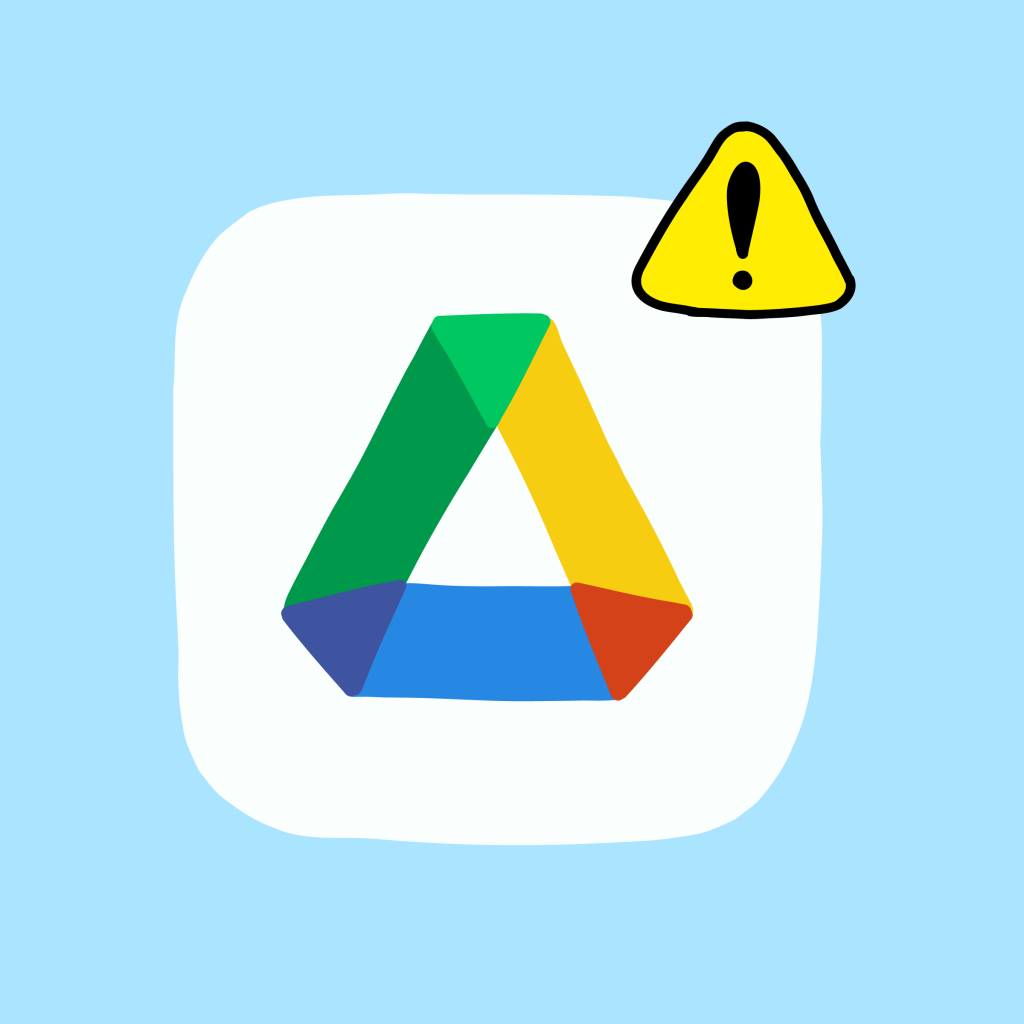This past summer, some alumni found themselves leaving their schoolwork behind quicker than they had expected.
In July, non-email-related Google tools were removed from alumni B-Mail accounts — including Google Drive. Binghamton University had made the decision after Google rebranded its Google Workspace for Education services, limiting its total storage to 100 terabytes, with a paid option for larger storage.
Ryan Yarosh, senior director of media and public relations, described how the University made effort to notify alumni of the change.
“When Google first announced a reduction in the storage limits of Google Workspace for Education accounts, [Information Technology Services (ITS)] and the Office of Alumni Engagement repeatedly reached out to alumni about checking the file storage in their Google Drive, Gmail and Google Photos — also known as Google Workspace,” Yarosh wrote in an email. “ITS staff also reached out personally to the largest users to offer migration assistance.”
The service is now called Google Workspace for Education Fundamentals. If the University were to increase storage limits, it would need to purchase a paid version, priced at five dollars per student, per year. In total, the University contains over 14,000 undergraduates, as well as 3,800 graduate students, meaning purchasing an additional service could be a significant expense if alumni were to be included.
Not all alumni were satisfied with the University’s notice of the service removal. Some, like Jaclyn Fastenau, ‘21, said they were disappointed with the communication.
“I was frustrated that [BU] left so much up to chance with the whole process,” Fastenau said. “I had to ask my boyfriend for help, and I had no idea what to do to get everything off. I had every essay and paper I’d ever written in college on my Google account.”
The University had sent emails from alumni@binghamton.edu notifying students of the change. One email, sent in late April, encouraged the soon-to-be alumni to back up their information. However, the information regarding the reduction of storage was first mentioned in the email’s third paragraph — under an announcement regarding two-factor authentication — drawing confusion from some students, like Gaurav Deo, ‘20.
“I learned about this change via Reddit because the initial announcement was buried under a long email and nobody paid attention to it,” Deo wrote in an email. “It was only after people started realizing they sent out a separate email about the change.”
Deo said he had purchased a new service on his personal Google account to back up his 200 gigabytes of data. Beyond its free, 15 gigabyte storage offerings, paid Google services range from $1.99 to $9.99 a month.
Not all were dissatisfied with the announcements, however. Gillian Matthews, ‘21, said she felt that the email, though inconvenient, just needed some more information.
“The University did communicate in advance about the erasure, which was appreciated, but I wish they had sent out resources to help alumni learn how to backup and transport files accordingly,” Matthews said.
Current students, along with faculty and staff, will not be affected by the change, according to Yarosh. Until then, Deo suggested students take care to use their B-Mail for educational purposes only.
“[My] advice to any incoming or current students is that try not to link major accounts (banking) to your B-Mail,” Deo wrote. “You never know if they remove access to the Gmail as well in the future.”



